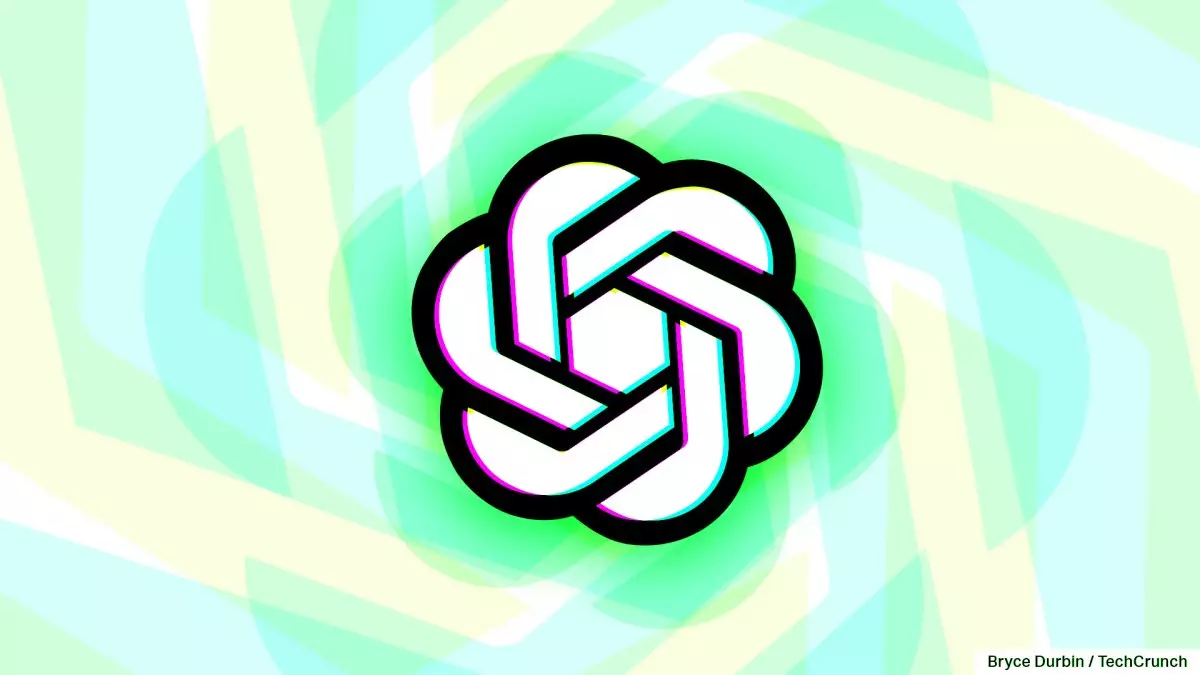OpenAI has well and truly set the stage for the future of personal management with its latest introduction to ChatGPT, dubbed “tasks.” This innovative feature is not just an incremental upgrade; it represents a significant stride towards the development of more autonomous AI agents capable of performing complex processes akin to human assistants. By rolling out tasks to paid users—including ChatGPT Plus, Team, and Pro subscribers—OpenAI is exploring uncharted territory within the realm of AI functionality. The capability for users to delegate responsibilities to a virtual assistant brings a fresh wave of excitement as digital interactions become increasingly versatile.
User-Centric Features: Setting Reminders and Recurring Requests
The highlight of the tasks feature is its simplicity and practicality in scheduling reminders and recurring requests. Imagine asking ChatGPT to remind you of essential deadlines, such as “Remind me when my passport expires in six months.” This straightforward functionality taps into a common user need and enhances the overall utility of the platform. Additionally, the recurring requests feature enables users to receive tailored services, such as receiving weekend plans based on location and weather forecasts. Similar to the offerings of established digital assistants like Siri and Alexa, this addition points towards broadening the expectations users hold concerning virtual assistants. However, OpenAI’s approach demonstrates a more bespoke, user-centered focus, allowing personalized interactions dependent on the individual’s specific requests.
This new functionality signifies OpenAI’s preliminary venture into the world of AI agents—systems that operate with a level of independence previously unseen in the landscape of digital assistants. Notably, OpenAI’s CEO, Sam Altman, hinted at a transformative year in 2025 for AI agents, predicting their significant integration into the workforce. While the tasks feature does not possess full-fledged agentic capabilities, it acts as a trial run of sorts, providing users with practical tasks while simultaneously gathering data for future advancements. This beta feature is a critical component of OpenAI’s larger vision, gradually transitioning towards more sophisticated AI systems capable of managing complex assignments with ease.
Despite its promising start, the tasks feature has notable limitations—chiefly, ChatGPT is not equipped to perform continuous background tasks or make purchases on behalf of the user. For instance, users could set a reminder to check for concert tickets on a monthly basis; however, they cannot prompt the AI to notify them the instant tickets become available nor execute the purchase. This limitation underscores the cautious approach OpenAI is taking in advancing towards more autonomous functionalities. Users must weigh the convenience of such features against the necessity for tighter control and security.
OpenAI has made it clear that as the beta phase unfolds, it seeks to gather valuable insights into how users engage with these tasks before allowing broader access across mobile and free tiers. Furthermore, for now, task creation through the Advanced Voice Mode is off the table, reinforcing the controlled nature of this initial rollout.
Looking Ahead: A Future of Complexity
OpenAI’s overarching ambition to advance toward increasingly complex AI systems is evident. The anticipated Agent known as “Operator,” which is expected to seamlessly handle tasks like booking travel and coding, promises exciting advancements in AI capabilities. However, this leap towards more independent AI poses inherent risks that will require prudent oversight and robust safeguarding mechanisms. As OpenAI forges ahead with the development of these capabilities, ensuring balanced user autonomy while prioritizing ethical considerations will be paramount.
The introduction of task functionality to ChatGPT is an exhilarating initial step in a larger journey toward making AI systems more independent. While current limitations persist, the potential for transformative impact on personal management is evident, ultimately extending the role of AI in everyday life. OpenAI is poised to engage users in an evolving conversation about the capabilities they desire from their virtual assistants, paving the way for an era where AI can genuinely play a supportive role in daily endeavors.

